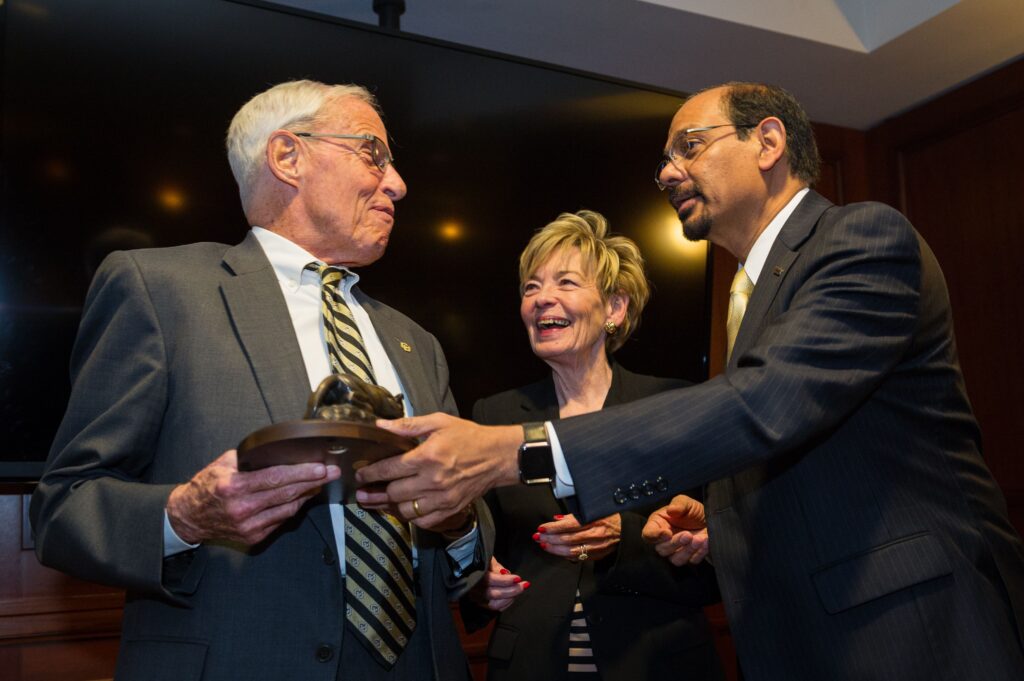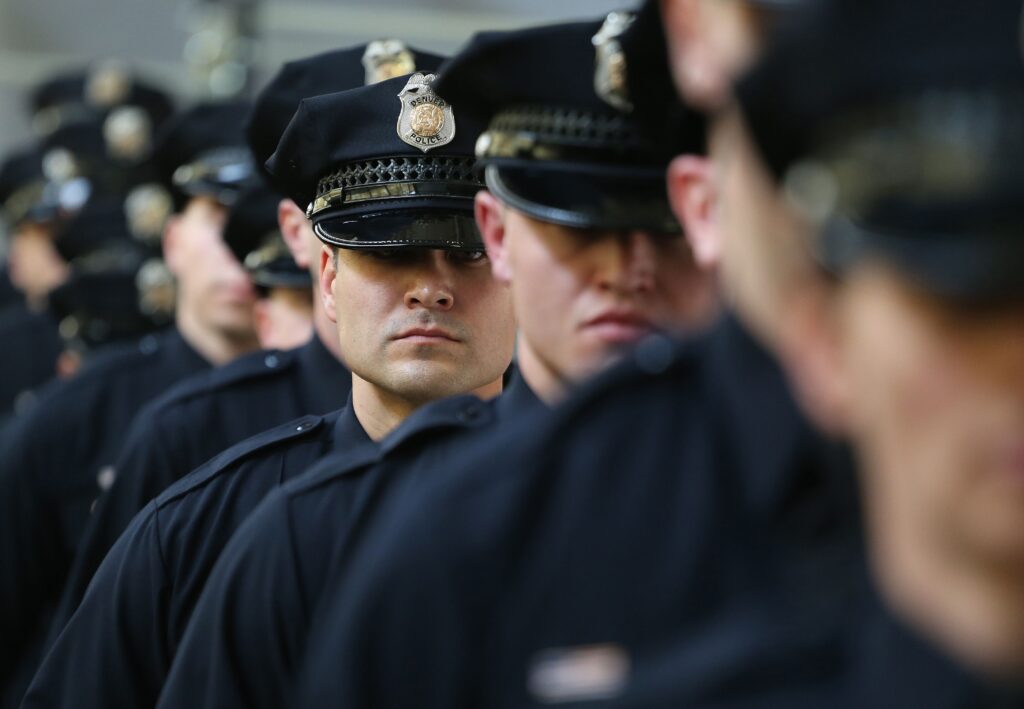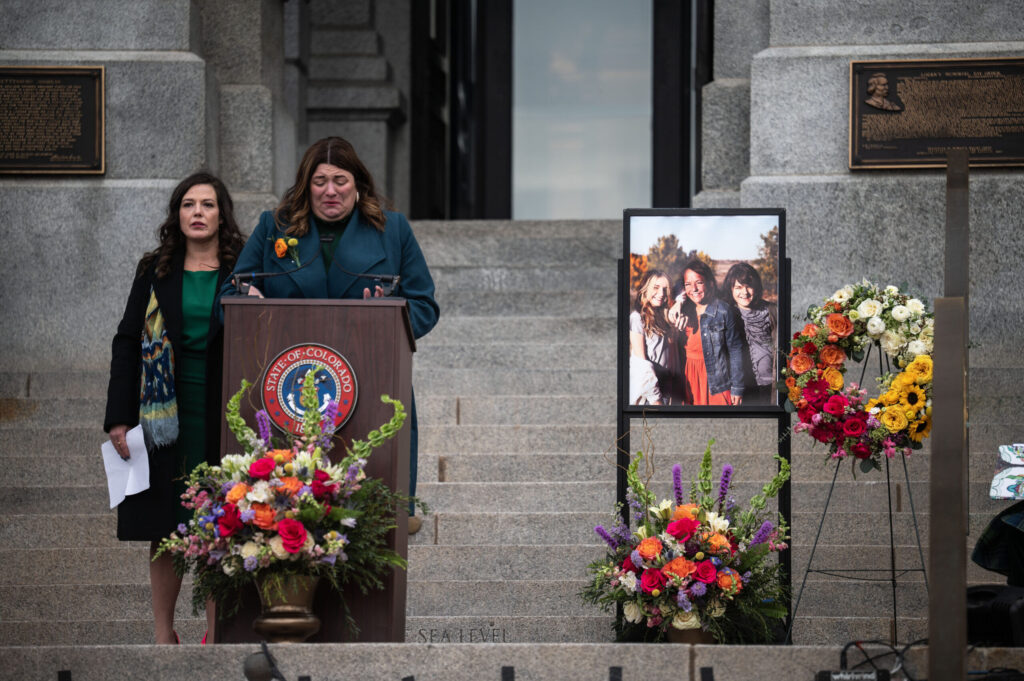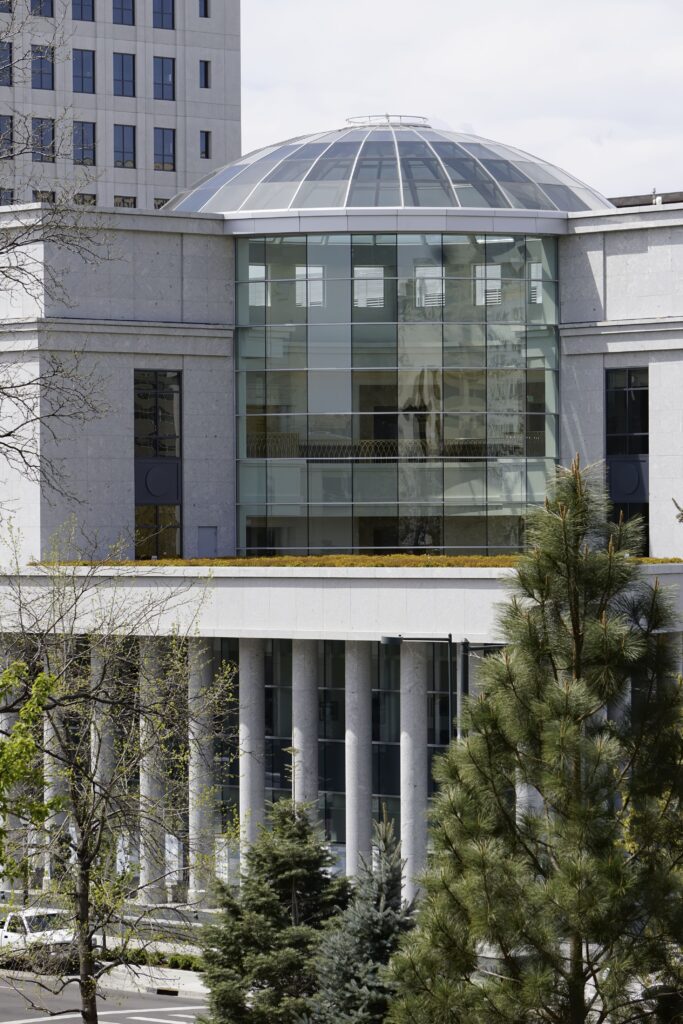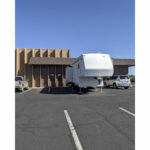Afghan interpreter, family among the first wave of refugees arriving in Colorado
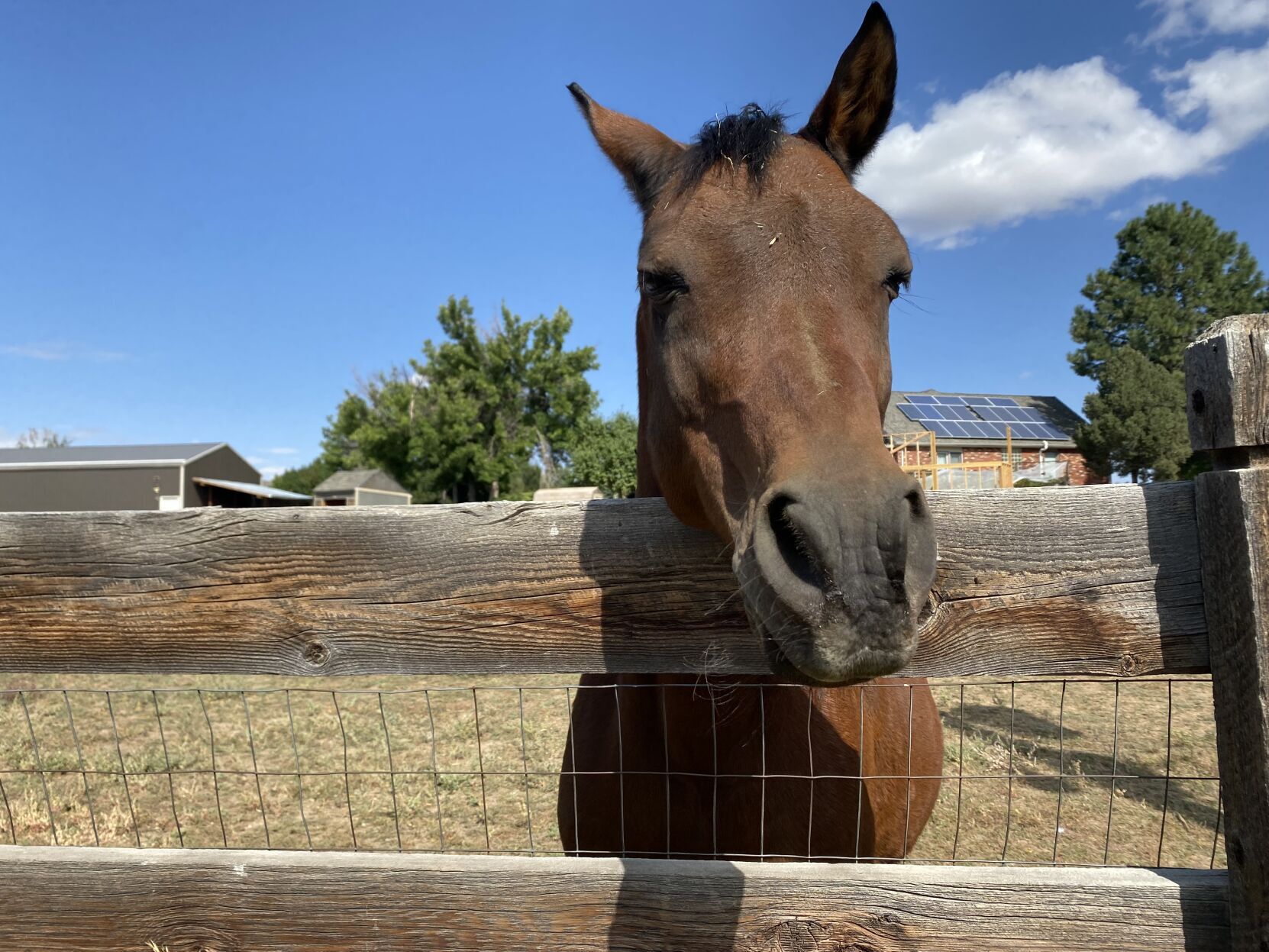
After a grueling day of planes, airport trains and limousines, the interpreter and his family finally set foot on Colorado ground Tuesday night.
Ahmad Siddiqi hugged the Army captain whom he hadn’t seen in 15 years as his children held brand new soccer balls and blew bubbles.
“We left our home for this home. But there are many who are still left in Afghanistan,” Ahmad reflected.
Eight-year-old Humza, wrapping his arms around a brand new soccer ball, said he was most looking forward to seeing his house.
Siddiqi, his wife and four children would spend their first night in their new home Tuesday night — in Broomfield, just blocks away from the family who saved them.
Siddiqi was emotional even behind his mask, “For these kids, as their father I think I did something that they’ll be thankful for the rest of their lives. My generation is starting today in Colorado.”
Tuesday night United Airlines flight 494 — carrying Siddiqi, 35; his wife, Horia; and their four sleepy-eyed young children — arrived at Denver International Airport ahead of schedule.
But nothing is never too early for a family who, just over a month ago, found themselves fleeing for their lives from Afghanistan — the only home they’ve ever known — for safety in a place they’d never heard of.
They’ve been on the go after leaving Kabul in a packed C-17 on Aug. 22, with stops in Qatar, Italy, Philadelphia and then Fort Dix, N.J., where they’ve been undergoing a barrage of tests.
The escape
As the Taliban moved into Kabul on Aug. 15, thousands of Afghans who had helped the American government or who were aligned with the former regime knew that the life they were used to was over. Throngs left for other countries, 31,000 of them to the United States. As many as 2,000 Afghan refugees are expected to resettle in Colorado.
The Siddiqis are among the first wave of refugees.
Siddiqi was a marked man as soon as the Taliban rode into Kabul. He’d worked with the U.S. Army, the U.S. State Department and NATO, with ambassadors and American generals. He went by the name “Kevin” and kept his job a secret from his children, for fear they’d tell their friends.
An interpreter and interrogator for U.S. intelligence, he knew he might be killed for being a traitor if he didn’t gather his family and escape.
“I left a life of service for a country that we built from scratch, and overnight they destroyed everything. Down to ashes,” Siddiqi told The Gazette via WhatsApp while awaiting the trip to Colorado at Fort Dix. “I knew that if we stayed, my three daughters would not be able to go to school. I said, ‘Okay. I’m sorry. I must leave.’”
For weeks, Siddiqi had left his wife and children to shelter in their home in Kabul, hiding in the shadows from rebels on the lookout for him. During a site survey at the Kabul airport, he saw thousands of Afghans storming the tarmac, stepped over the body of a man he buried later and realized how tough it would be to get six humanitarian parole visas approved. His cell phone still working, he called on his American friends, including one in the State Department.
“I said, ‘Sir, I’m in trouble. Please help me.’”
One of those Siddiqi thought he might count on was an Army captain from Broomfield named Scott Henkel, whom he worked with from January 2006 until April 2007. He and Henkel went on 600 missions together, as their NATO provincial reconstruction team moved through remote villages, knocking on the doors of suspicious villagers. Siddiqi translated and Henkel was in charge of field strategy. Their small team made daily runs for meetings at the forward operating base to 12-hour off-road missions to remote mountain villages.
“It builds a strong bond,” Siddiqi said.
Turns out, it was a bond for life.
Henkel and his wife, Heidi, a Broomfield city councilwoman, watched Kabul fall from their television set and wondered what happened to Ahmad.
Making plans a reality
The couple decided to act.
The plan to save Ahmed was launched with midnight conversations, endless texts and reams of paperwork. A desperate note on NextDoor brought offers within a day: a free car, reduced rent in a home around the corner, bicycles, backpacks and computers — all from Coloradans anxious to be a part of the escape from Kabul, which reads like an international spy thriller.
On Tuesday, U.S. Rep. Jason Crow, D-Aurora, an Army vet, was among those to greet the family at the airport.
“Our relationship with the interpreters is very personal,” he said. “They live with us and fight with us. They warn us of threats as let us know when we’re being lied to. I can say undoubtedly that there are American men and women who came home to their families during the war who lived because of their interpreters, translators and the Afghan people who served with them.”
Also on hand to greet the family was Karen Tonso of Arvada, who arrived with a bouquet of red, white and blue balloons.
She said it was important to her to show appreciation for translators like Ahmad because “I remember back to the Vietnam War when we didn’t get our translators out.”
A home for the Siddiqis
Last week, as Heidi assessed a freezer full of halal chicken and checked sheets for 3-year-old Reyhan’s trundle bed, she threw up her hands: “I don’t know what I’m doing!” She took calls from Colorado Congressman Jason Crow’s office and then another from her husband.
“It’s the everyday things most people take for granted, like car seats,” Heidi said. The fire department will install those for her.
Siddiqi will need a driver’s license.
“I think he can drive,” laughed Heidi. “He drove the family from their home to the airport as their city fell.”
Siddiqi calls Heidi “sister,” even though they had never met until Tuesday.
That makes Captain Scott Henkel his brother in arms. “We didn’t leave our man behind,” Henkel smiled at his newest neighbor. “I feel like it’s mission accomplished.”
Colorado Politics Must-Reads:





